Eating Fish During Breastfeeding – Is It Safe?

- Can You Eat Fish if You Are Breastfeeding?
- Benefits of Consuming Fish While Nursing
- Side Effects of Eating Fish While Breastfeeding
- How to Tell if Fish is Fresh or Not?
- Fish That Are Safe to Eat While Breastfeeding
- Fish to Avoid While Breastfeeding
- Alternatives to Fish to Get Omega-3s
- FAQs
Your pregnancy must have been fraught with dilemmas about whether you could consume a particular type of food, and you might have been looking forward to delivery so that you could go back to eating whatever you wanted. Unfortunately, there are some types of food that mothers should not consume even while breastfeeding their babies.
Fish have caused a lot of confusion among mothers during pregnancy. Similarly, you will need to think long and hard before cooking fish or including it in your meal, even when breastfeeding. It is generally safe for mothers to consume fish during breastfeeding, but they should be cautious about the types of fish they eat due to potential mercury contamination. In this article, let us look at which types of fish are harmless and other aspects related to fish.
Can You Eat Fish if You Are Breastfeeding?
Extensive research has found that consuming fish while breastfeeding is necessary for the child’s health. This means that you will have to increase your fish consumption so that your child grows up to be healthier. However, you need to remember that the fish should not contain heavy compounds like mercury (12).
Fish contain a range of important vitamins and nutrients, like EPA, DHA, and vitamin D. They are also rich in iodine, magnesium, iron, and copper, all of which play a huge role in your child’s development (14). Therefore, you must definitely add fish to your meal plan to make your baby healthier.
It was actually found that the children of mothers who consumed fish during breastfeeding were healthier than the ones whose mothers did not touch it during pregnancy and breastfeeding. Therefore, fish is a definite yes during lactation.
Benefits of Consuming Fish While Nursing
There are a lot of benefits to having fish when you are nursing your baby. Some of these are given below.
- Fish contains many essential nutrients that benefit the child and the mother.
- Fish for breastfeeding moms is an excellent source of Omega-3 fatty acid (6). These play a huge role in the brain development of your young one and make him healthier overall. The DHA and EPA in omega-3 also help develop your baby’s nervous system.
- Fish contains low saturated fat and large amounts of protein, which help develop your baby’s body (13).
- Early child development is more common in mothers who consumed fish while lactating than mothers who did not.

Therefore, it is not just a good idea but a crucial responsibility for women to consume fish when breastfeeding for their child’s health (7). However, the fish must be safe to drink, as the potential harm to the child’s health from consuming unsafe fish is significant.
Side Effects of Eating Fish While Breastfeeding
While consuming fish is important for the benefit of your baby, it is equally important that you take charge of checking whether the fish is safe before eating it. There are a lot of side effects to consuming fish:
- Coal-fired power plants deposit mercury into rivers and seas. The bacteria in the water convert this into methylmercury, which fish consume through water and food. This content remains in the fish even after it has been cooked and is, hence, very dangerous.
- Some types of fish, such as swordfish, shark, and mackerel, have been found to contain a high level of mercury; consuming these fish can affect cognitive development (11).
- Methylmercury can impair brain development in the baby if it enters his body. While only a small amount enters the breast milk, even if the mother consumes mercury, it is enough to affect the child adversely and make him more vulnerable (3).
- Mercury can affect the development of the baby quite badly (1). The parts of the brain used to read, think, learn, remember and even motor skills can be significantly reduced if mercury enters his body. This is a serious concern, as the human body has a tendency to absorb the chemical quickly- therefore, fish with high mercury levels must be strictly avoided. There is no doubt that today’s water bodies are getting increasingly polluted, and this rubs off on the fish you cook. Consuming harmful chemicals or pollutants may enter the body of a child.
- Large predator fish are more likely to have higher levels of mercury as they consume the smaller fish around them (5).
- The canned white tuna available in a supermarket contains high levels of mercury, which is not recommended for consumption.

How to Tell if Fish is Fresh or Not?
You can check whether the fish is fresh by observing its body’s outer surface. If the scales are shiny and firm, it means that the fish you have is fresh. Otherwise, you should not buy the fish if it looks dull and appealing.
Fish That Are Safe to Eat While Breastfeeding
There are a lot of safe fishes for breastfeeding moms, which contribute effectively towards the health of your child. These include (9):
- Char
- Capelin
- Atlantic mackerel
- Herring
- Shrimp
- Mullet
- Clam
- Salmon
- Lake whitefish
- Rainbow trout
- Hake
- Oysters
- Anchovy
- Blue crab
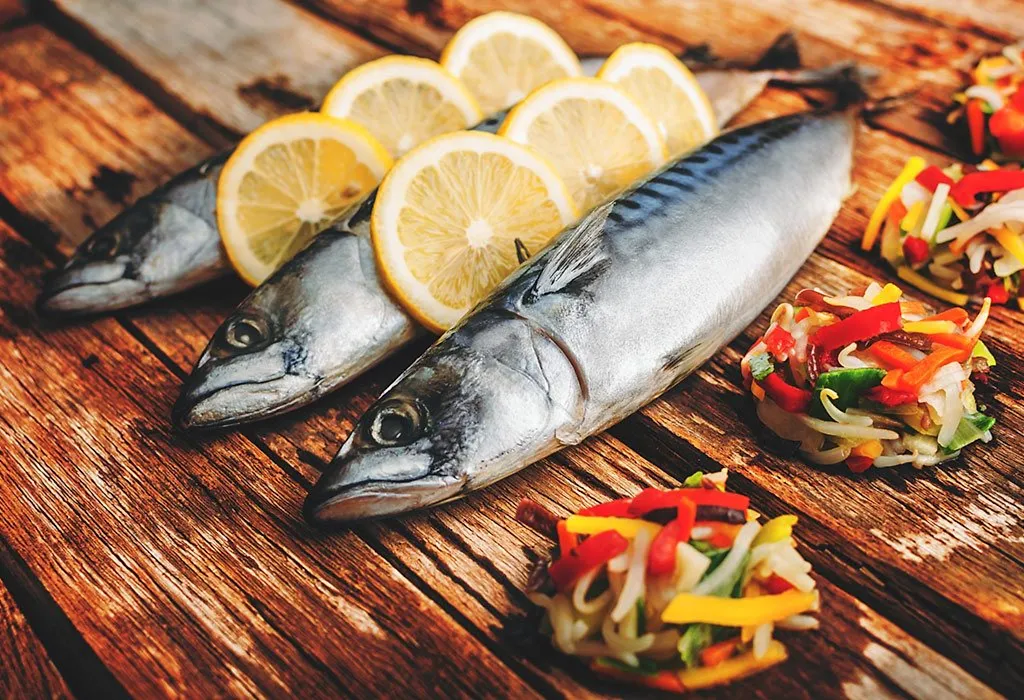
Fish to Avoid While Breastfeeding
Similarly, there are some types of fish to avoid during nursing for mothers. These contain harmful chemicals like mercury, adversely affecting the child’s health. These include (8):
- Shark
- Marlin
- Swordfish
- Salmon, fresh tuna, trout, mackerel and herring- you should not eat more than two portions per week.
- Non-oily fishes, like rock salmon, sea bass and halibut.
Alternatives to Fish to Get Omega-3s
Some foods, like eggs, milk, and yoghurt, are now fortified with Omega-3s, but they contain only ALA—while this does provide some benefits, you will not get EPA or DHA from these foods. Flaxseed is also another food item with ALA. Therefore, you will have to opt for omega-3 supplements in order to get the required amount of the nutrient.
FAQs
1. Can eating fish cause allergies in breastfed babies?
While fish allergies are possible, they are relatively rare. If you have a family history of allergies or notice any unusual reactions in your baby after consuming fish, consult a paediatrician.
2. How often can I eat fish while breastfeeding?
Consuming fish 2-3 times per week while breastfeeding is recommended (2). This allows you to reap the nutritional benefits without exposing yourself or your baby to excessive levels of mercury.
3. Does fish increase breast milk production?
No direct evidence suggests that eating fish significantly impacts breast milk production. However, maintaining a balanced diet that includes a variety of foods, including fish, can contribute to overall maternal health, which may indirectly support milk production (4).
4. How can I safely introduce fish into my breastfeeding diet if I’ve never eaten it before?
If you’re new to eating fish, start with mild-flavoured options like salmon or tilapia cooked in simple ways such as baking or grilling. Gradually increase your intake and experiment with different types of fish to find what you enjoy.
Even though fish can provide a lot of nutrition and health benefits to your baby, you need to be careful about whether it contains any harmful substances before consuming them if you are nursing (10). The harmful effects far outweigh the benefits, so check thoroughly before you eat fish- else, opt for supplements rich in EPA & DHA.
References/Resources:
1. Fish and Shellfish Advisories and Safe Eating Guidelines; United States Environmental Protection Agency; https://www.epa.gov/choose-fish-and-shellfish-wisely/fish-and-shellfish-advisories-and-safe-eating-guidelines
2. EPA-FDA Advice about Eating Fish and Shellfish; United States Environmental Protection Agency; https://www.epa.gov/choose-fish-and-shellfish-wisely/epa-fda-advice-about-eating-fish-and-shellfish
3. Hosomi. R, Yoshida. M, Fukunaga. K; Seafood Consumption and Components for Health; Global Journal of Health Science; https://www.ncbi.nlm.nih.gov/pmc/articles/PMC4776937/; May 2012
4. Sommers. L; Top 10 superfoods for breastfeeding moms; Sanford Health; https://news.sanfordhealth.org/womens/top-10-breastfeeding-superfoods/#:~:text=Salmon%20and%20sardines&text=Salmon%20is%20great%20for%20breastfeeding,can%20increase%20breast%20milk%20production.; August 2019
5. Mercury; Centers for Disease Control and Prevention; https://www.cdc.gov/breastfeeding/breastfeeding-special-circumstances/environmental-exposures/mercury.html
6. Faley. K; Foods to avoid while breastfeeding; OSF HealthCare; https://www.osfhealthcare.org/blog/breastfeeding-diet-tips-less-fussy-baby/
7. Breastfeeding and diet; NHS; https://www.nhs.uk/conditions/baby/breastfeeding-and-bottle-feeding/breastfeeding-and-lifestyle/diet/;
8. ADVICE ABOUT EATING FISH; FDA/EPA; https://www.fda.gov/media/102331/download
9. PREGNANCY & BREASTFEEDING; Food and Drug Administration’s; https://www.fda.gov/media/152849/download
10. Maternal Diet; Centers for Disease Control and Prevention; https://www.cdc.gov/breastfeeding/breastfeeding-special-circumstances/diet-and-micronutrients/maternal-diet.html
11. Gordon. B; Nursing Your Baby — What You Eat and Drink Matters; Academy of Nutrition and Dietetics; https://www.eatright.org/health/pregnancy/breastfeeding-and-formula/nursing-your-baby-what-you-eat-and-drink-matters
12. Eat Healthy While Breastfeeding: Quick Tips; Office of Disease Prevention and Health Promotion; https://health.gov/myhealthfinder/pregnancy/nutrition-and-physical-activity/eat-healthy-while-breastfeeding-quick-tips
13. How a Healthy Diet Helps You Breastfeed; American Academy of Pediatrics; https://www.healthychildren.org/English/ages-stages/baby/breastfeeding/Pages/How-a-Healthy-Diet-Helps-You-Breastfeed.aspx
14. What to Eat While Feeding Your Child Breast Milk; Northwestern Medicine; https://www.nm.org/healthbeat/healthy-tips/nutrition/breastfeeding-nutrition
Also Read:
Cheese while Breastfeeding
Eating Sushi in Breastfeeding
Consuming Eggs during Breastfeeding
Was This Article Helpful?
Parenting is a huge responsibility, for you as a caregiver, but also for us as a parenting content platform. We understand that and take our responsibility of creating credible content seriously. FirstCry Parenting articles are written and published only after extensive research using factually sound references to deliver quality content that is accurate, validated by experts, and completely reliable. To understand how we go about creating content that is credible, read our editorial policy here.







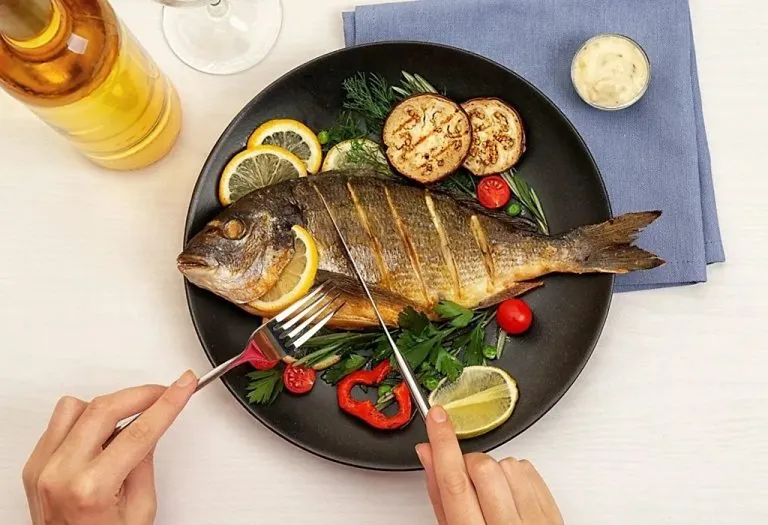
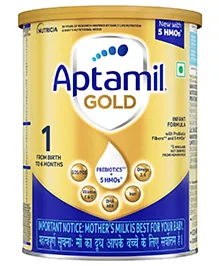
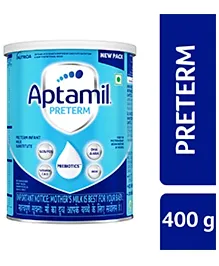
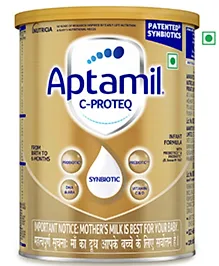
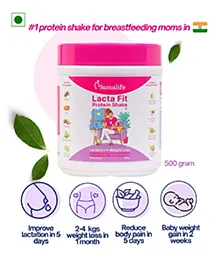
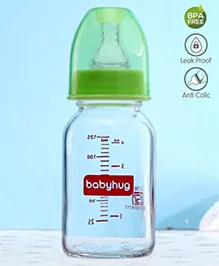
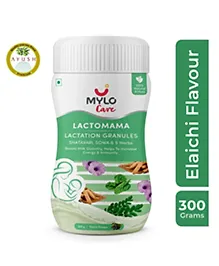
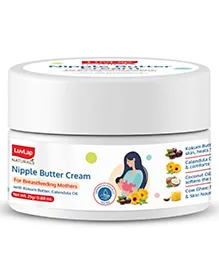
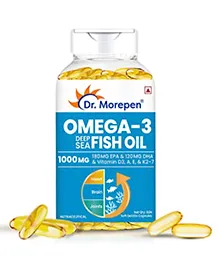
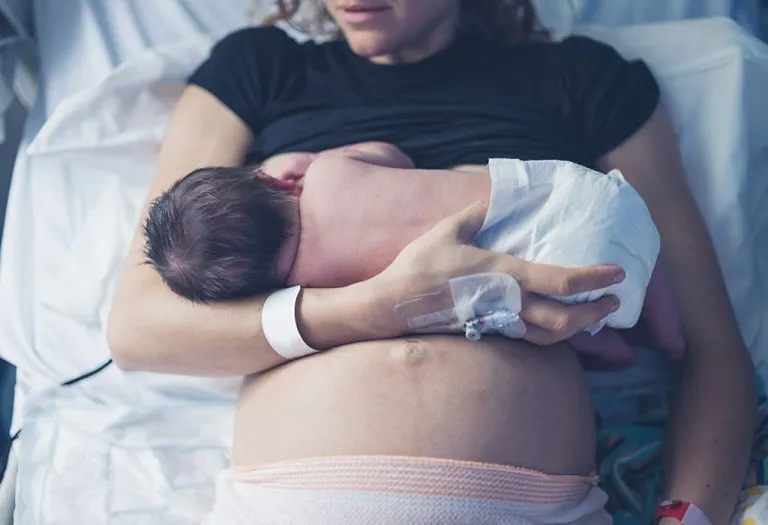






.svg)


















